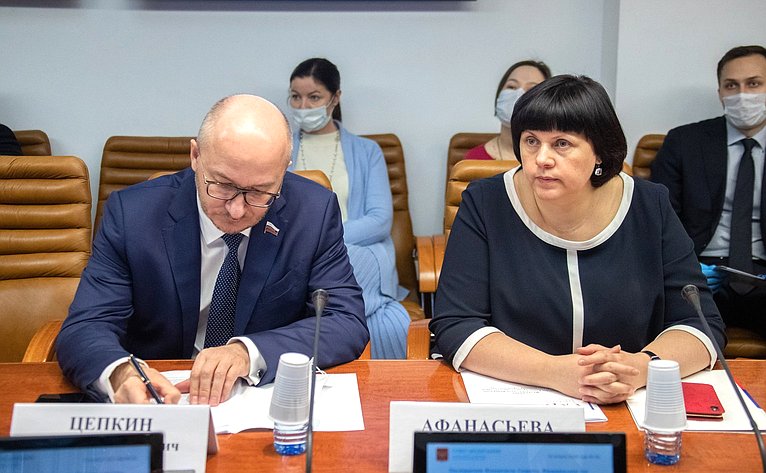How to Determine if a Supplier Is Seriously Committed to Environmental…
페이지 정보
작성자 Hal 작성일25-09-21 09:17 조회4회 댓글0건관련링크
본문
When evaluating a supplier’s commitment to sustainability, it is essential to look past promotional language and focus on verified practices. Begin by requesting official policy statements on their environmental strategies. A truly dedicated supplier will have publicly stated goals for cutting their carbon footprint, eliminating landfill contributions, and optimizing water usage. These targets should be accompanied by quarterly progress reports that demonstrate consistent tracking.
Seek out globally accepted standards such as ISO 14001. These credentials require third-party validation and are not easily obtained in sustainable operations. Avoid suppliers who rely on empty phrases like "green," "eco-friendly," or "sustainable" without proof.
Probe into their supply chain transparency. A supplier who only monitors their own facilities may be ignoring the environmental footprint of their raw material suppliers. Prioritize vendors who require compliance of vendors and enforce equivalent sustainability criteria across their entire network.
Inquire about their energy profile and use of clean power. Do they operate on solar or wind energy? Have they upgraded to low-energy machinery? Do they have a clear roadmap to eliminate fossil fuels? These are clear indicators of long-term dedication.
Examine their ESG publications. Responsible suppliers regularly release honest performance summaries that outline successes, obstacles, аудит поставщика and future goals. These documents should be publicly available and updated annually. The lack of documentation often signals token sustainability efforts.
Engage in structured interviews with their environmental officers. Ask how sustainability is reflected in employee behavior. Do staff members receive regular training on environmental compliance? Is there a internal environmental team overseeing these efforts? Do they collaborate on community initiatives? Their answers will reveal whether sustainability is a organizational priority or merely a public relations tactic.
Finally, assess their public track record. Have they made binding pledges for net-zero emissions? Have they met their targets? Have they been linked to environmental violations? Consult regulatory records to uncover real-world impact over time.
Assessing sustainability is not a one-time checklist—it demands continuous monitoring. Select suppliers who view sustainability as an evolving journey, not a trendy buzzword. Their sustained dedication will enhance your brand, protect the planet, and secure a better future.

댓글목록
등록된 댓글이 없습니다.